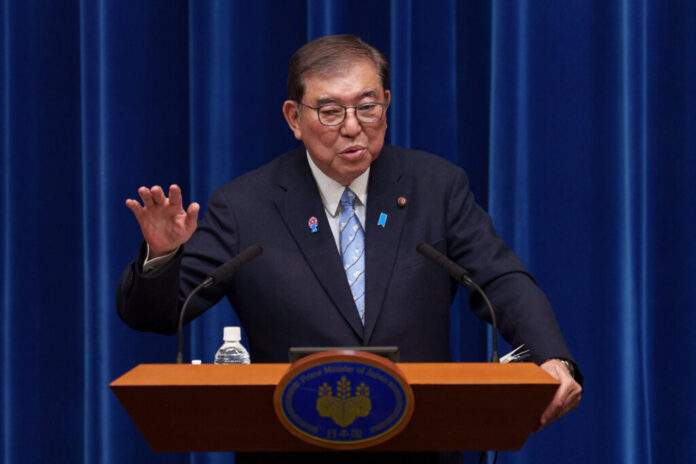
Japanese Prime Minister Shigeru Ishiba said on Monday that his government is prepared to compile an extra budget to cushion the economic impact of U.S. tariffs, acknowledging growing political pressure following a recent electoral setback and Japan’s fragile economic outlook.
Speaking in parliament, Ishiba indicated the proposed budget would reflect ongoing discussions with opposition parties, many of which are demanding increased fiscal support and a cut to Japan’s consumption tax.
“We will compile one if necessary, taking into account discussions with other parties,” Ishiba told lawmakers, responding to calls for a stimulus package that could include tax relief measures.
The move comes amid uncertainty over a recent trade agreement with U.S. President Donald Trump, which offered some relief by reducing tariffs on key Japanese exports, but left ambiguity over when current 25% tariffs on autos and auto parts would be reduced to 15%. The delay clouds prospects for a sustained recovery in Japan’s export-reliant economy.
If approved, the extra budget is likely to be submitted during an extraordinary parliamentary session expected in September. While Ishiba has not specified the scale of the package, analysts project it could reach around 10 trillion yen (approximately $67.7 billion), potentially requiring additional debt issuance.
Such a move would add pressure to Japan’s already stretched public finances. The country’s total debt stands at nearly 250% of its GDP, the highest among developed nations. For the current fiscal year, Japan is already operating on a record 115.5 trillion-yen budget, with nearly a quarter allocated to servicing debt. Rising interest rates from the Bank of Japan are likely to make borrowing even more costly.
Opposition lawmakers have also intensified calls for cutting Japan’s 10% consumption tax, reduced to 8% for food, to ease the burden on households grappling with rising food and living costs. However, Ishiba, known as a fiscal conservative, remains cautious, warning that sales tax revenue is vital for funding social welfare programs amid Japan’s rapidly ageing population.
The outcome of these debates could significantly shape the government’s policy direction in the coming months, as economic pressures mount and political consensus remains elusive.
Written By Rodney Mbua


















